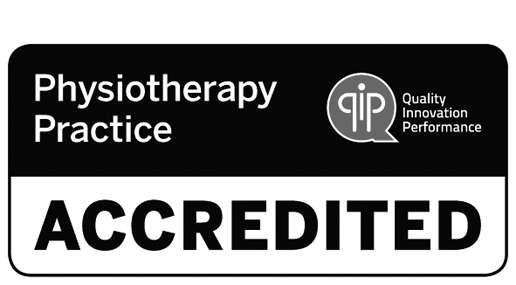Pelvic Organ Prolapse
Do you have a heavy, dragging feeling in your vagina?
Can you feel a bulge at the entrance to your vagina?
Has your GP told you that you have a prolapse?
Pelvic Organ Prolapse is when one or more of the organs (the uterus, bladder, urethra or bowel) in the pelvis drop. This can be bothersome and annoying. It can also have a huge impact on your life, making day to day living uncomfortable and normally enjoyable activities unpleasant.
Many women experience Pelvic Organ Prolapse but you don’t have to live with it or suffer in silence. In many cases, Pelvic Organ Prolapse can be better managed, its symptoms reduced and its progression prevented.
Common Symptoms:
• A heavy or dragging feeling in the vagina, especially later in the day
• A bulge at the entrance to your vagina
• Discomfort with prolonged standing
• Not being able to enjoy general exercise
• Concern about the impact on intimacy
• Difficulty emptying your bladder or bowel
• Low back ache
Possible Causes Of Pelvic Organ Prolapse:
• Pregnancy & childbirth
• Pelvic floor stretch & weakness
• Constipation
• Chronic cough
• Heavy lifting
• Obesity
• Ageing & menopause
• Genetic factors
• Strenuous sports
How We Can Help:
Evidence shows that you can successfully reduce prolapse symptoms and stop the progression through a personalised pelvic health program designed and managed by a specifically trained Physiotherapist. At Women’s & Men’s Health Physiotherapy we specialise in providing a personalised pelvic health program exclusively for you.
What To Expect:
• A thorough assessment to establish your goals, pelvic floor requirements and treatment plan
• Design of a personalised pelvic floor muscle exercise program
• Progression of your program and application to daily activities
• Suggested modifications to minimise risk factors and maximise your function
• Consideration of a pessary to assist your symptoms in conjunction with your medical practitioner
Read More:
Let's Talk About Vaginal Prolapse
Exercising With Pelvic Organ Prolapse
Did You Know













